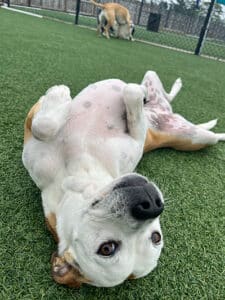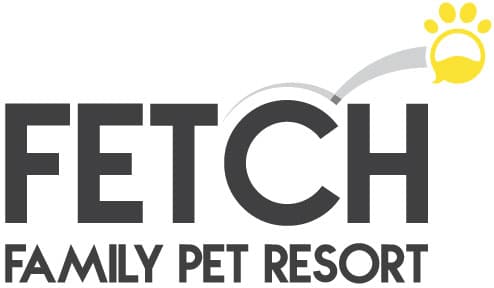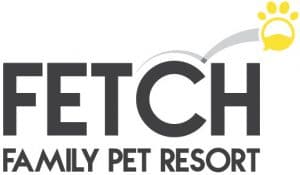As someone who is around dogs all day every day, I am frequently amazed by the amount of money one will spend on their furry family member with toys, bedding, and grooming – yet never invest a cent towards training. Many pet owners think they can do it themselves, and while some people can, most simply choose to put up with the leash pulling, the constant outbursts of barking, and even jumping on guests. However, an untrained dog poses more risks than a trained dog, and we must remember that as much as we may see our dogs as family members, they are indeed animals and not humans. Awareness is key when assessing whether your dog needs training. An untrained dog will:
Develop and retain bad habits. An untrained dog will charge a door when a visitor knocks or rings the doorbell. They will jump on guests or perhaps bark, growl, or attempt to bite guests. They will growl at other dogs and perhaps engage in more aggressive behavior. They will pull on the leash when you walk them and be easily distracted by other animals such as rabbits, squirrels, and birds with negative consequences to your arm and shoulder 😊.
Be confused. How many times have we seen someone speak full sentences to their dog and even ask them questions? Dogs can’t speak English, and we can’t interpret bark-speak. Dogs need short one- or two-word commands with matching body language every time. They will thrive on routine and consistency.
Be untrusting: Animals by nature are anxious. The same can be said about humans. Anxiety lends to distrust which ultimately leads to more anxiety. We may tell a dog not to beg for food but slip them table scraps every now and then. We may tell a dog not to dig holes in the yard, but they watch us weed and plant bulbs in the garden. We may tell a dog not to chew on leather shoes but give it a rawhide toy.
Be insecure: Dogs, by nature, look to please their owners. If they aren’t sure how to do that, they become insecure. Insecurity can manifest as aggressive behavior towards other people and other animals. Unless dogs are taught specifics that are routinely reinforced, they won’t know how to meet an owner’s expectations.

Good training develops a good dog – one that can be trusted and predictable. Often, I hear people share opinions about which breeds are the most aggressive. The most at risk dog is not a specific breed – it’s an untrained dog. If you wish to discuss how training would benefit your dog, or have questions about your dog’s behavior, ask one of our pet specialists or reach out to me. I am only a bark away.
Carolyn

